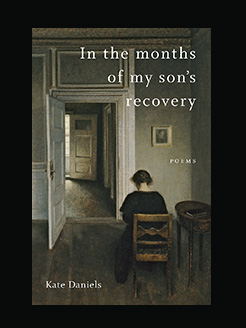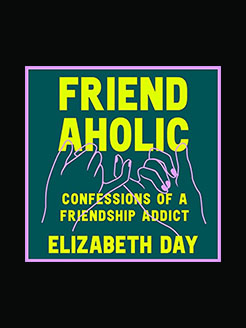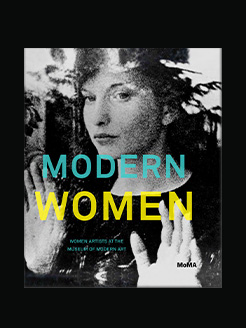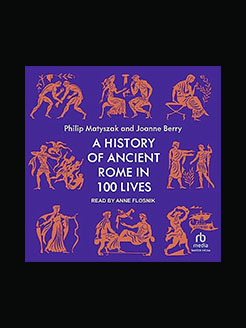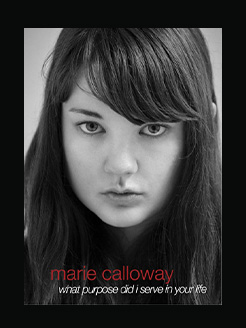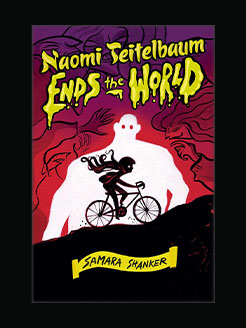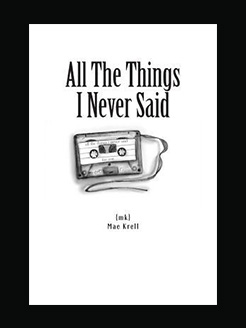Published in 2021
336 pages
Sheila Rowbotham, who helped start the women’s liberation movement in Britain, is known internationally as an historian of feminism and radical social movements. She is the author of the ground-breaking books Women, Resistance and Revolution; Woman’s Consciousness, Man’s World; and Hidden from History. Her other works include Dreamers of a New Day: Women Who Invented the Twentieth Century; the biography Edward Carpenter: A Life of Liberty and Love, shortlisted for the James Tait Black Prize and winner of the Lambda Literary Award for Gay Biography, and Rebel Crossings: New Women, Free Lovers and Radicals in Britain and the United States. Verso have also reissued her memoir Promise of a Dream: Remembering the Sixties, as part of the Feminist Classic series. Her latest book is Daring to Hope: My Life in the 1970s. Her poetry and two plays have been published and she has written for newspapers and journals in Britain, the US, Italy, Brazil, Turkey, Sweden and Sri Lanka. She lives in Bristol.
What is this book about?
A personal history of life, love and women’s liberation
In this powerful memoir Sheila Rowbotham looks back at her life as a participant in the women’s liberation movement, left politics and the creative radical culture of a decade in which freedom and equality seemed possible. She reveals the tremendous efforts that were made to transform attitudes and feelings, as well as daily life.
After addressing the first British Women’s Liberation Conference at Ruskin College, Oxford in 1970, she went on to encourage night cleaners to unionise, to campaign for nurseries and abortion rights. She played an influential role in discussions of socialist feminist ideas and her books and journalism attracted an international readership.
Written with generosity and humour Daring to Hope recreates grassroots networks, communal houses and squats, bringing alive a shared impetus to organise collectively and to love without jealousy or domination. It conveys the shifts occurring in politics and society through kernels of personal experience. The result is a book about liberation in the widest sense.
